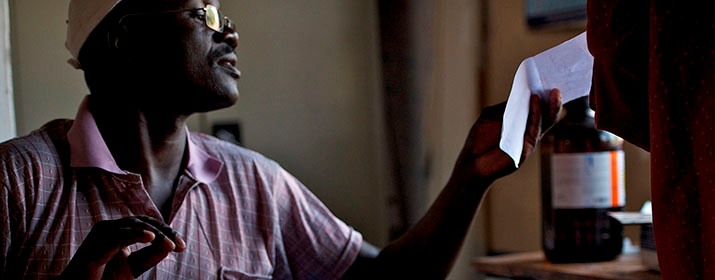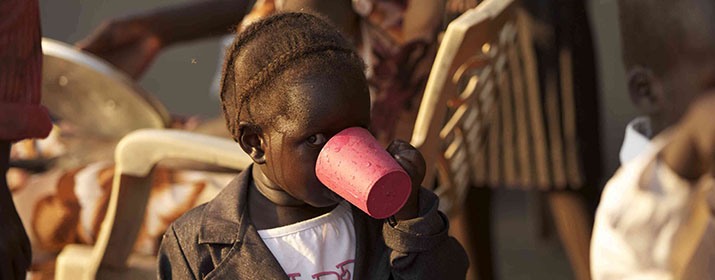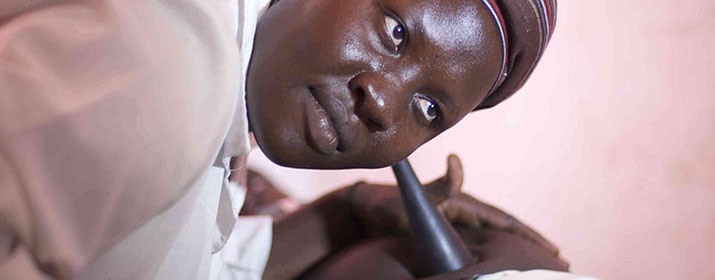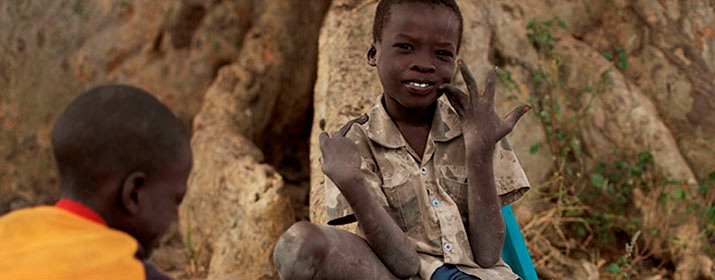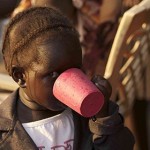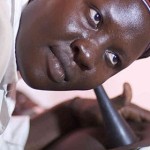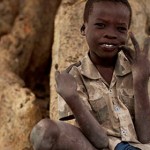In December 2013, with violence erupting between opposing factions in South Sudan, large movements of population and IDPs took place and affected several parts of the country, including Jonglei State. In County Ayod, in spite of an apparent stability of the situation resulting primarily from the homogeneous composition of the local population, flows of displaced people have recently been reported. In addition to these recent developments, Ayod County is heavily affected by floods every year. Floods strongly contribute to reduce the already low gross primary enrolment level: of 38.581 children in primary school age, only 27% is enrolled (71% boys, 29% girls). Annual flood also contributes to increase the dropout rate: only 3 boys out of 100 will complete primary school, only 5 girls out of 1000 will. Moreover, children attending open air schools are the most affected: 71% of the primary schools in the County are run under a tree.
The payams of Mogok, Pagil and Kuachdeng, selected for the proposed intervention are the most affected by the 2013 rainy season and flood because the number of open air schools is high (above 80%) and the ratio number of facilities VS number of students is also extremely high.
The action overall objective aims at ensuring equal access for girls and boys to primary education in the County of Ayod, fostering as well on-time enrolment and reducing the drop-our rate, despite the seasonal emergency and any unpredictable events.
This will be achieved enhancing the capacities of the county education department staff in planning, management and supervision in emergency preparedness and response to flood or/and arrival of IPDs and returnees and improving the quality and the safety of the learning spaces in 3 payams.
The project will also provide psychological support and life-skills and life-saving messages and promote messages about the importance of primary education and on-time enrolment for the empowerment of the community. A special focus will be given to gender equality and the community involvement in the strategy of intervention.

